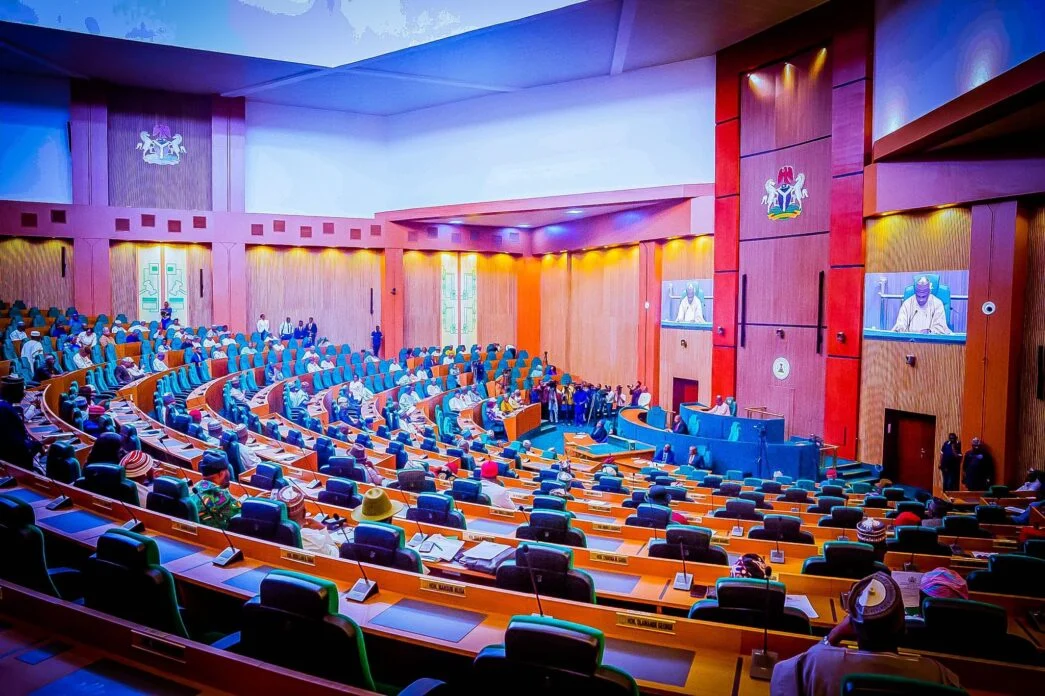The House of Representatives on Wednesday passed a bill stipulating a maximum of 14-year jail term for lecturers and school administrators convicted of sexual harassment against students in tertiary institutions.
The legislation titled “A Bill to Prevent, Prohibit and Redress Sexual Harassment of Students in Tertiary Educational Institutions and for Related Matters”, was passed for third reading after the presentation and adoption of a report presented by the House Leader, Prof. Julius Ihonvbere.
The bill states that “Any person who commits any of the offences or acts specified in Clause 4 (1), (2) and (3) of this Bill is guilty of an offence of felony and shall, on conviction, be sentenced to an imprisonment term of up to 14 years but not less than 5 years, without an option of a fine.
“Any person who commits any of the offences or acts specified in Clause 4 (4), (5) and (6) of this Bill is guilty of an offence and shall be liable on conviction to imprisonment term of up to 5 years but not less than 2 years, without an option of a fine.”
- Why I stayed in Spanish hotel for one year as ambassador – Bianca Ojukwu
- Supply enough petrol for local consumption, Tinubu tells Dangote, others
The proposed legislation also states that an educator shall be guilty of committing an offence or a felony of sexual harassment if he/she engages in any form of unwelcome physical contact or verbal conduct of a sexual nature with a student or prospective student, or demands such conduct, regardless of consent; or creates a hostile, offensive, or intimidating environment for a student by making unsolicited or inappropriate sexual advances, or by requesting sexual favours.
Other offences include making verbal or non-verbal remarks, comments, or gestures of a sexual nature, or any remarks or conduct intended to degrade, humiliate, or body shame a student based on their physical appearance; or engaging in stalking, persistent following, or any form of unwanted attention directed at a student, which creates an atmosphere of fear or discomfort.
The bill provides that consent shall not constitute a defence to any offence under this Bill where a power imbalance exists between the educator and the student.
It, however, states that “it shall be a defence to any offence under this Bill if the educator and the student are legally married.”

 Join Daily Trust WhatsApp Community For Quick Access To News and Happenings Around You.
Join Daily Trust WhatsApp Community For Quick Access To News and Happenings Around You.


